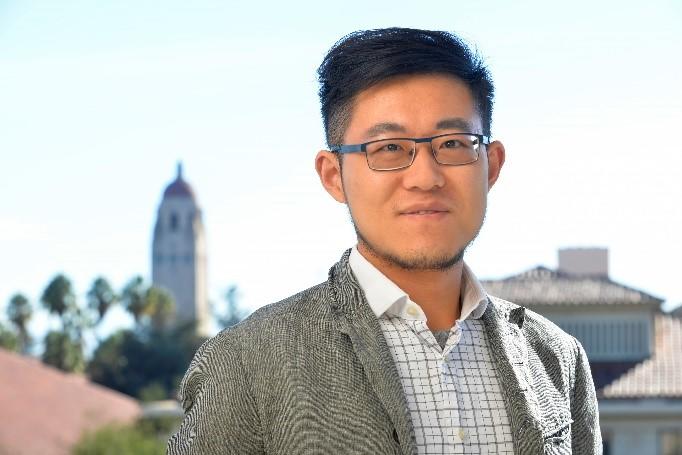Prof. Eva Hemmer
Associate Professor, Department of Chemistry and Biomolecular Sciences
Phone: +1-613-562-5800 ext. 1987
Website: www.hemmerlab.com
A Materials Chemistry Route to Studying the Brain with Light and Ultrasound
Feb 1, 2023 — All day
The Department of Chemistry and Biomolecular Sciences hosts guest speakers from the industry, research institutes, other universities, and from our own campus as part of a regular seminar series during the Fall and Winter terms.
Understanding the inner workings of the brain requires a bidirectional interface that enables causal manipulation and simultaneous interrogation of neural activity. Existing electrical and optical brain interfaces are usually based on implanted devices and invasive procedures that necessarily damage the endogenous brain tissue and constrain the subject’s free behavior. To address these challenges, our lab leverages the latest advances in materials chemistry to develop minimally-invasive interfaces for monitoring and modulating the brain. Specifically, in this talk, I will present three materials-inspired strategies: 1) light sculpting in the tissue with ultrasound by turning the endogenous circulatory system into an “optical flow battery”, 2) an intravascular light source inspired by the biomineralization process in nature, and 3) deep-brain neuromodulation inspired by the infrared sensitivity of rattlesnakes. I will conclude my talk by presenting an outlook on how advances in materials chemistry may facilitate the development of next-generation brain-machine interfaces.

Dr. Guosong Hong
Dr. Guosong Hong received his Ph.D. in chemistry from Stanford University in 2014 and then carried out postdoctoral studies with at Harvard University. Dr. Hong joined Stanford Materials Science and Engineering and Neurosciences Institute as an assistant professor in September 2018. His research at Stanford aims to develop and apply novel optical and electronic materials for minimally invasive brain interfacing. He is a recipient of the NIH Pathway to Independence (K99/R00) Award, the MIT Technology Review ‘35 Innovators Under 35’ Award, the Science PINS Prize for Neuromodulation, the NSF CAREER Award, the Walter J. Gores Award for Excellence in Teaching, and the Rita Allen Foundation Scholars Award.
No registration needed. Everyone is welcome.
Associate Professor, Department of Chemistry and Biomolecular Sciences
Phone: +1-613-562-5800 ext. 1987
Website: www.hemmerlab.com